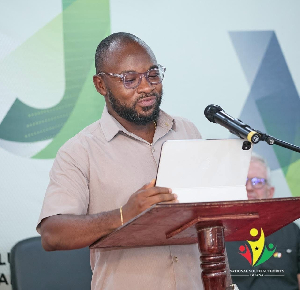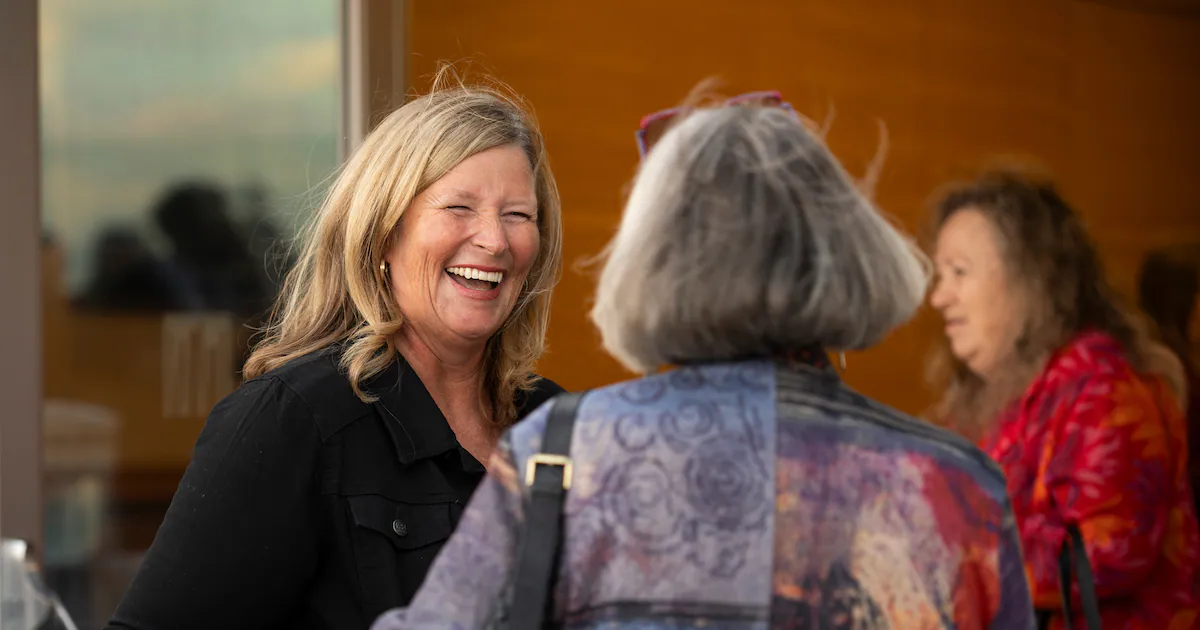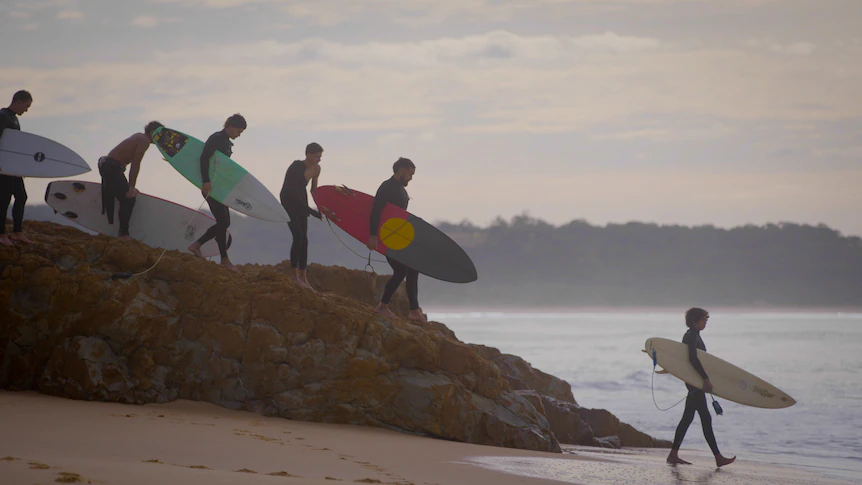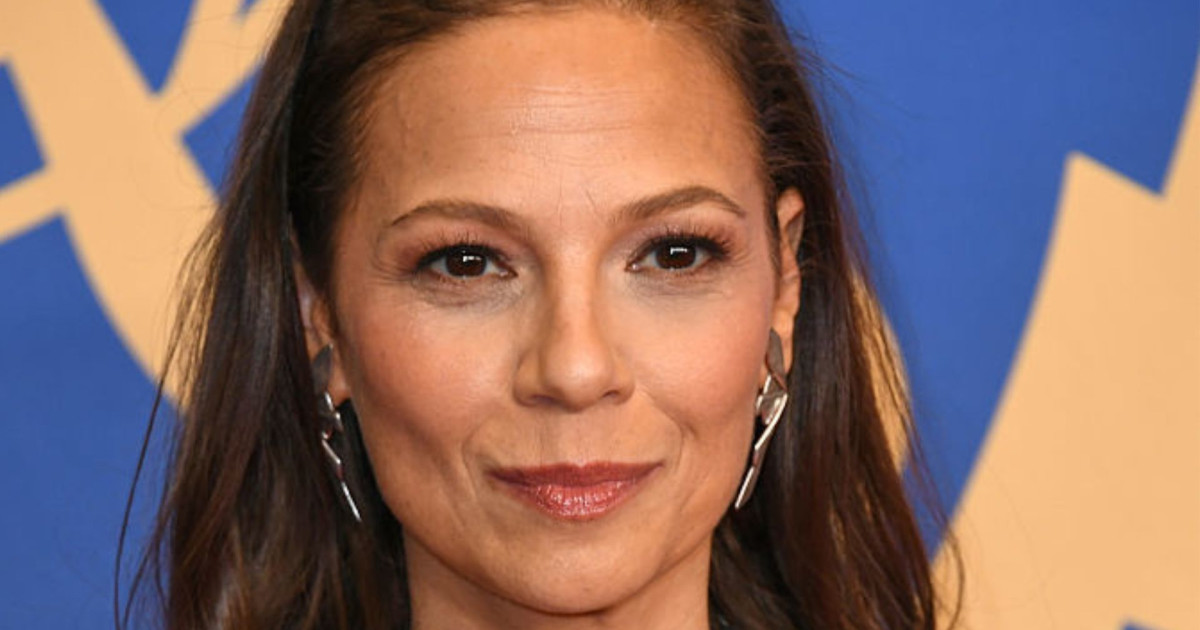Copyright smh
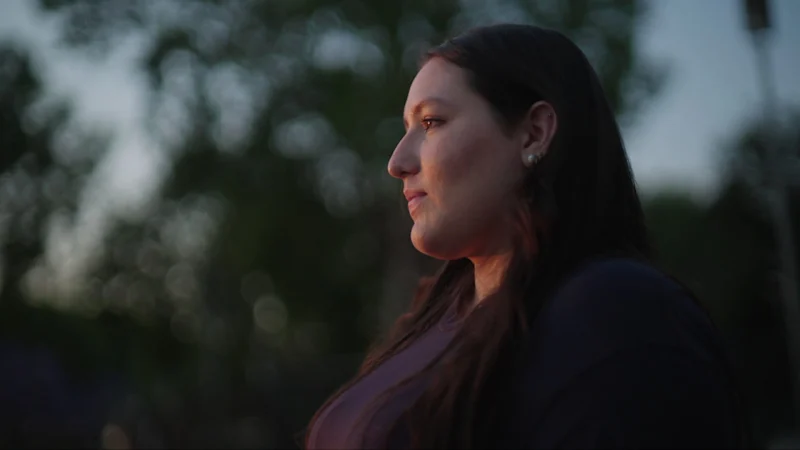
“What he was planning was a triple murder-suicide. I feel like he wanted us to be together in his own sick, twisted way.” “Obviously, I’m screaming, so he can hear me and he says again, ‘I’m having a nightmare. I’m having a nightmare’. And my mum just tells me to go to bed and that I should just sleep in her bed tonight.” Stephen fled the home, leaving Juliette and her mother to discover the full extent of his sickening crime the following morning. “It was a Monday and school was going to start. And my mum’s screaming. And I run to the bedroom and my sister’s dead on her bed,” Juliette says. “So my mum calls Triple Zero and she’s incoherent. She’s just screaming. And so I have to tell the operator that my sister’s dead and to come to our address.” Stephen confessed and was sentenced to life in prison, but Juliette describes the pain he inflicted on her that Father’s Day as “a nightmare that never ended”. “He broke us. He murdered my sister and murdered my innocence. I really, I wasn’t a child afterwards.” But Juliette says navigating the long road to recovery was in many ways as traumatic as the crime itself. She says she felt invisible in a system geared towards adult survivors of domestic and family violence and that she was never treated as a victim in her own right. “I wish [there was] someone who, you know, would just speak to me and ask me how I was doing and what I needed,” Juliette says. It would take three years before Juliette saw a psychiatrist and by that time her mental health had spiralled. Maria, who was also barely coping, says it was only after Juliette started self-harming that she got an appointment. “She felt like that pain is better than the pain that she has or living with what happened.” Juliette says the family violence system “failed” and “is failing others”. While Conor Pall’s lived experience of childhood violence differs to Juliette’s story, he can relate to her feelings of being ignored by a system not suitable for child survivors of domestic and family violence. His parents separated when he was 12, forcing him to live between two houses where he quickly became the target of abuse by the perpetrator – a man he refuses to call dad. “It is a choice that I made because I think that title is something that should be earned and that person didn’t earn that title,” Pall says. Fearing for his life, at 16, the Victorian teenager courageously reached out, but his calls for help went unanswered. Instead of being treated as a victim, he was asked if he was a perpetrator. “I think we’re a society that likes to think that we value children and young people, but I think we have a long way to go to live up to that self-concept,” he says. “I think we have systems and services that, by design, were set up for adults, predominantly women, and rightly so. “But we’ve forgotten the child. We have built systems and services predominantly around adult victim survivors still.” Now 22, Pall is determined to make sure children are treated as victims in their own right. He has teamed up with Shorna Moore, head of policy at Melbourne City Mission, to help implement Australia’s first and only dedicated program for unaccompanied children escaping family abuse. Called Amplify, it is run out of Melbourne City Mission’s Front Yard youth service. Moore says while it’s a good first step in closing the gaps in the system response to children escaping violence, it’s just one program in one state and more needs to be done on a national level to protect kids. “We need to make sure that we include children and young people in the design of the family violence system, otherwise we are failing children on their most fundamental human rights of safety.” Nearly 40 per cent of Australian children are exposed to some form of domestic and family violence, and suicide is the leading cause of death in people aged 15 to 24. They are damning statistics that the National Children’s Commissioner Anne Hollonds says should not be ignored if the federal government is committed to its national plan to end violence against women and children. “If we’re serious about ending gender-based violence within a generation, we need to ensure that kids are not experiencing violence, and if they do, that we respond appropriately to the healing that they need, the recovery that they need. That those services are fit for purpose for them and unfortunately, we’re very slow to move on that.” Hollonds wants Canberra to listen to children’s experiences, like Juliette’s and Conor’s, and to act on them. “I have been very worried about the lack of attention to making child safety and wellbeing a priority for all of the last five years,” she says. “This is not a party political issue. This is to do with our culture and the governance of how we run our policies and service systems, and the fact that children have not been elevated in the way that other issues have. That’s why I think a cabinet minister for children would really make a difference.” For Juliette, sharing her story is the first step in a longer plan for advocacy to make sure children are believed and heard. “It ruined my childhood, but I don’t want it to ruin my life.” National Sexual Assault, Domestic and Family Violence Counselling Service 1800RESPECT (1800 737 732); Kids Helpline 1800 55 1800; Lifeline 131 114; Beyond Blue 1300 224 636.
